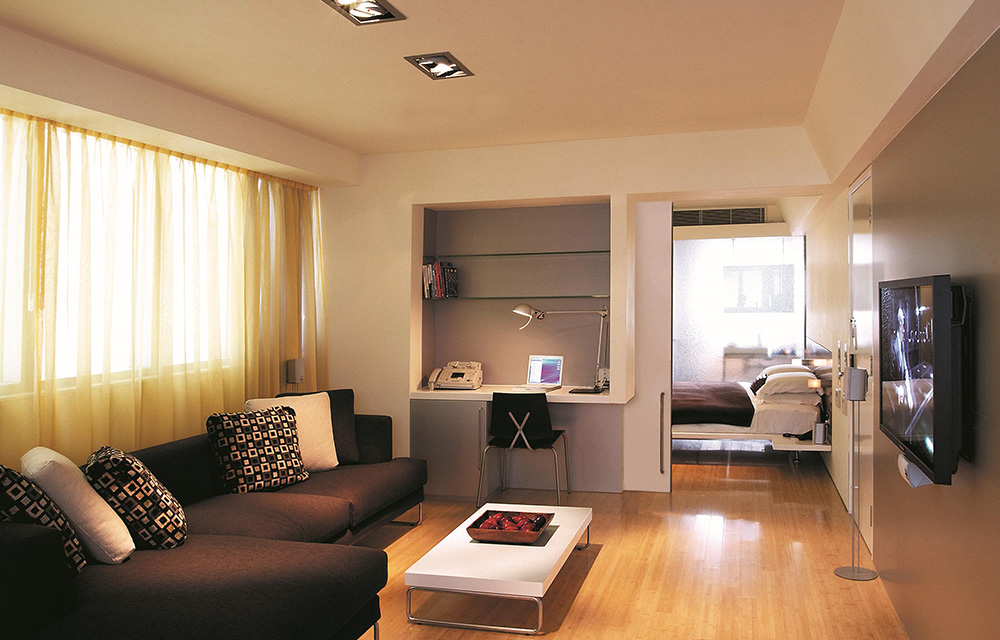
Luckily, there are now a number of apps available that help you to remember. However, for all our best intentions, we generally forget this. It is therefore evident that we must make efforts to stop staring at screens for long periods of time and to remember to blink. Further, research has shown long term retina damage linked to blue light.

This stops the brain from creating melatonin, which is necessary to help us feel sleepy. Another issue is the blue light that screens emit. Rather, it is the fact that we don’t blink enough when we use screens. The problem isn’t about staring, according to the ophthalmology department at NYU Langone Medical Center. About 70% of millennials have reported suffering from digital eye strain symptoms, which include lack of focus, headaches, and dry eyes. In fact, there is now a psychological term for this: nomophobia, coined by Psychology Today, which means a fear of not having your mobile.īeing obsessed with our screen has several significant consequences, some of them long term. We feel a need to connect to the digital world, but it seems that this has gotten somewhat out of hand. The same research also showed that we look at our telephone screens 150 times each day. In fact, research has shown that most people stare at a screen close up (not even counting television) for seven hours each day.

No matter how much we try not to use digital gadgets, most of us are nothing short of slaves to our screens. Reviewed by Nymark M, PhD on October 29, 2016


 0 kommentar(er)
0 kommentar(er)
